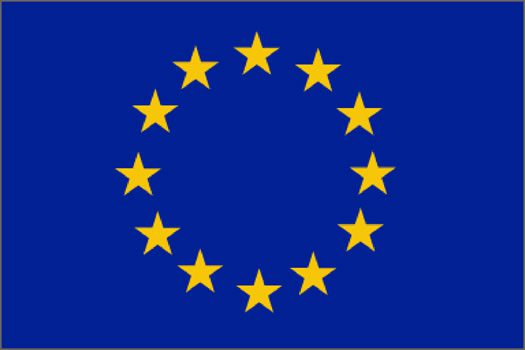Over the past five years, the European Union has supported 273 Civil Society Organisations in Nigeria through its Agents for Citizen-driven Transformation Programme, providing them with training to strengthen their operations.
The EU-funded ACT Programme, implemented by the British Council in 10 states, was created to enhance the capacity and impact of CSOs.
Mr. Damilare Babalola, the ACT National Programme Manager, revealed that the five-year programme operated in Adamawa, Borno, Edo, Enugu, Kano, Lagos, Plateau, Rivers, Sokoto, and the FCT. It focused on enabling CSOs to drive suitable development in Nigeria by becoming more credible and effective.
At the closure of the programme in Lagos, Babalola stated that the EU-ACT initiative, which started in 2019, addressed critical issues affecting the effectiveness of the civil society sector in Nigeria, particularly related to creating an enabling regulatory environment for their operations.
He explained that the programme aimed to enhance the capacity of CSOs to contribute as credible and transparent agents of sustainable development in Nigeria.
He added, “That was the goal of the programme, focusing on two specific result areas.
“The first was to provide capacity-building skills, which we refer to as capacity development support for CSOs.
“The other objective was to assess the regulatory environment for CSOs and promote strategic coordination among CSOs and other stakeholders to enable the development of suitable legislations and regulations at two levels.”
Babalola highlighted that the programme successfully empowered CSOs to comply with legal regulations and self-regulate their systems to improve the environment.
“In total, we have worked with 273 CSOs. We reached 233 with capacity development support and assisted an additional 40 NGOs to enhance the regulatory environment for CSOs in Abuja and the respective states.
“We have delivered over 150 capacity development training sessions to over 200 CSOs, a significant number.
“Our initial target was 200 CSOs, but we have actually reached over 270 CSOs.
“Furthermore, we supported government agencies and organizations involved in improving the regulatory environment for CSOs,” the ACT National Programme Manager explained.
Mr. Adeshola Afariogun, the ACT Lagos State Focal Person, emphasized the importance of CSOs partnering with the government, noting that they had been trained to engage effectively with the government.
“In Lagos, we have 21 partners, including 13 NGOs, two networks, and six community-based organizations. Their performance has improved from 30 percent to 70 percent.
“For instance, some of the CSOs were previously unregistered, but they are now all registered with the Corporate Affairs Commission.
Afariogun said that many CSOs are making good progress with their registration and regulatory requirements through the EU-ACT ACT programme.
Yemisi Ransome Kuti, the founder of the Nigeria Network of Non-Governmental Organisations, spoke on behalf of the CSOs and mentioned that this programme is one of the most effective ones created by the international donor community.
In the past, the donors wanted us to focus on issues that were important to their communities and often disregarded those addressing local issues that were relevant and specific to the citizens.
In the past, they were willing to provide funding but were unwilling to support your infrastructure, staffing, and equipment. They expected you to find other sources of funding to sustain your organization.
The EU-ACT programme represents a significant change in the approach of the global community to recognize the genuine actors, CSOs, and government agencies that have demonstrated their commitment to their communities and have benefited their target audience and citizens.



